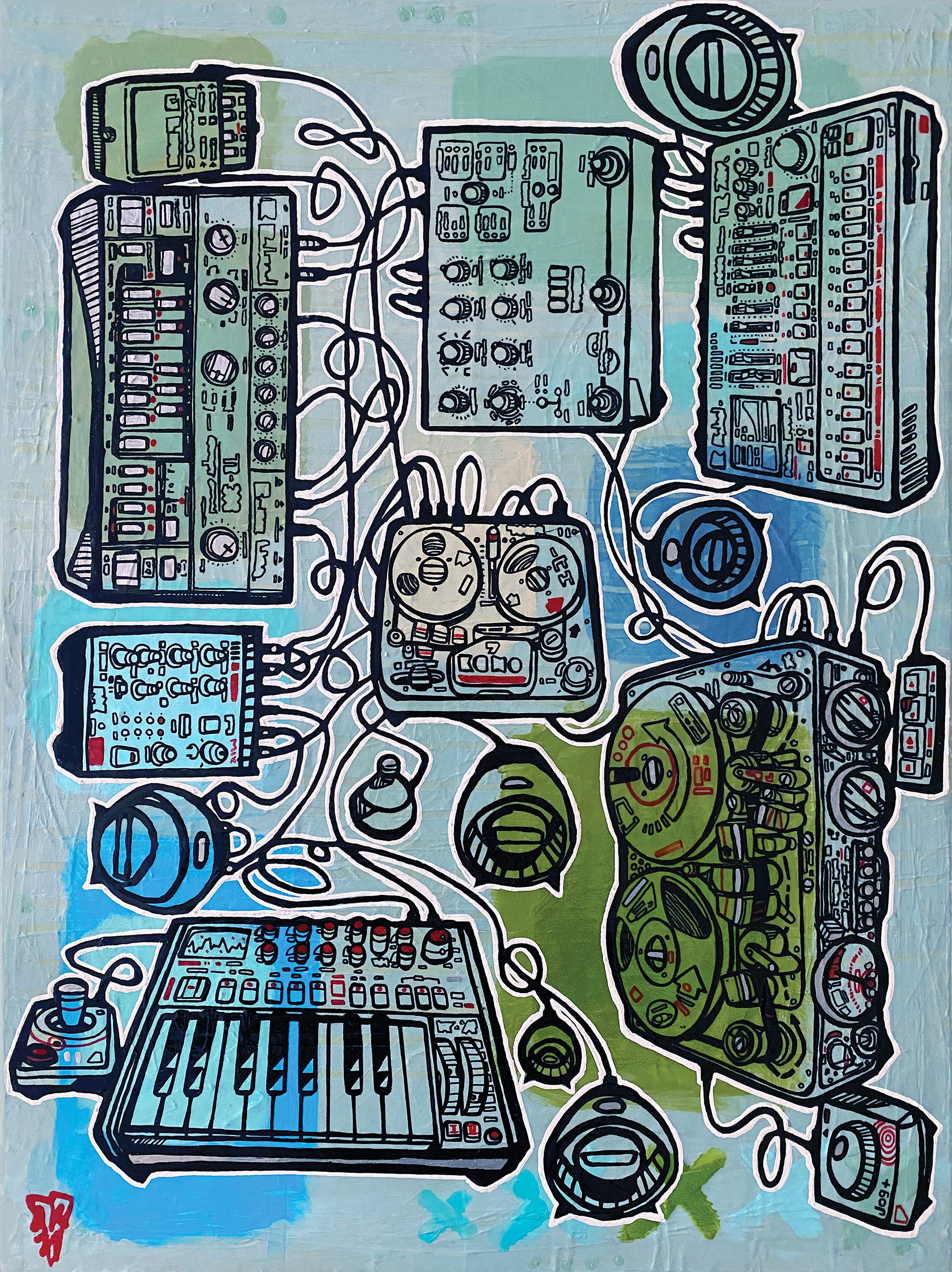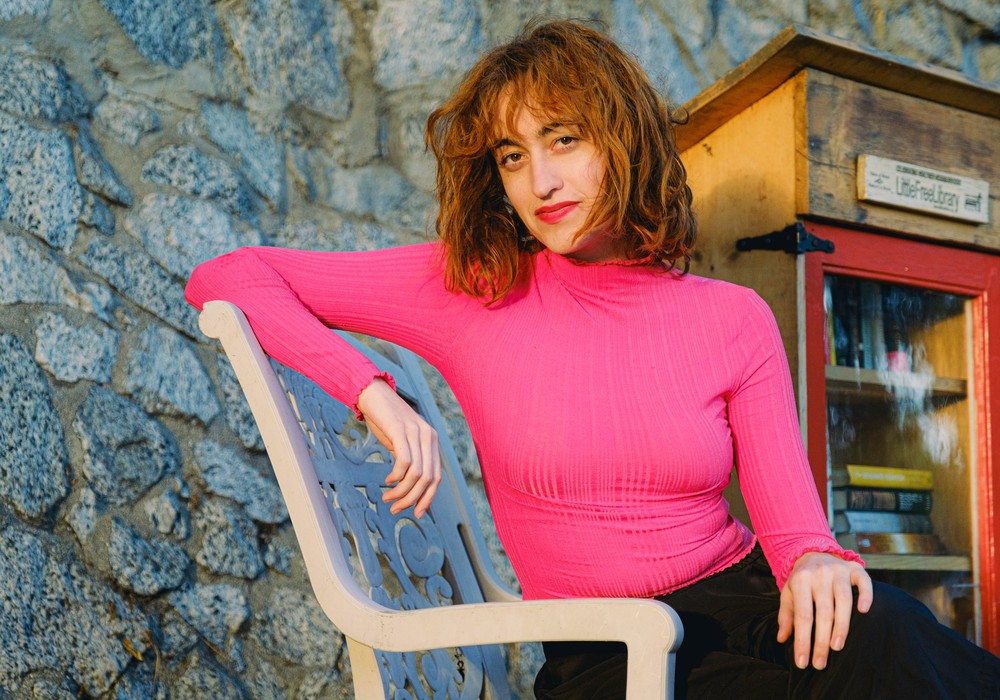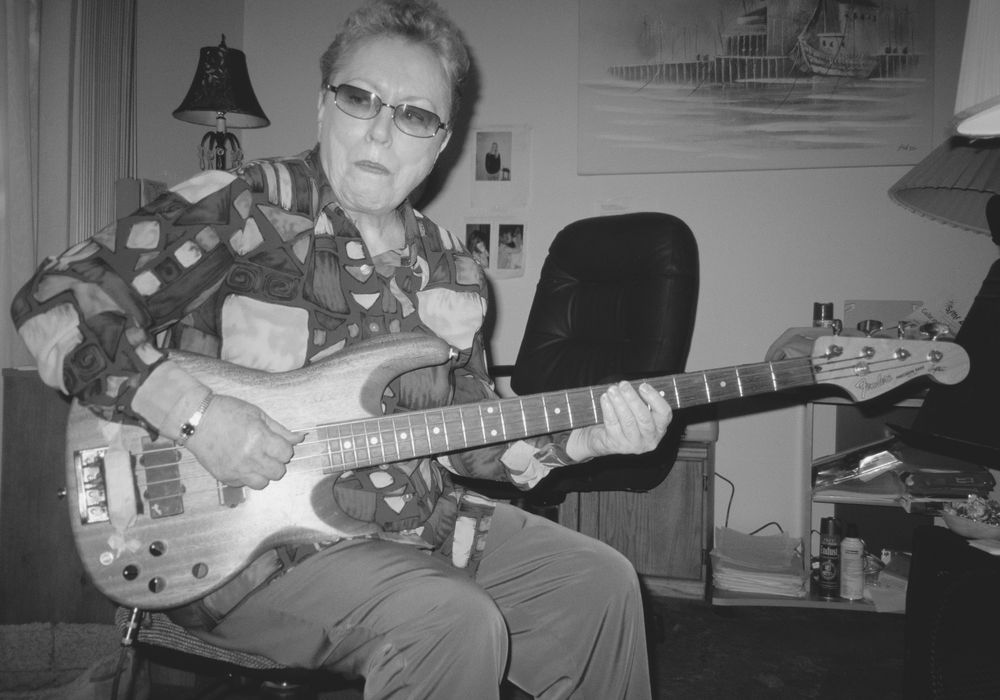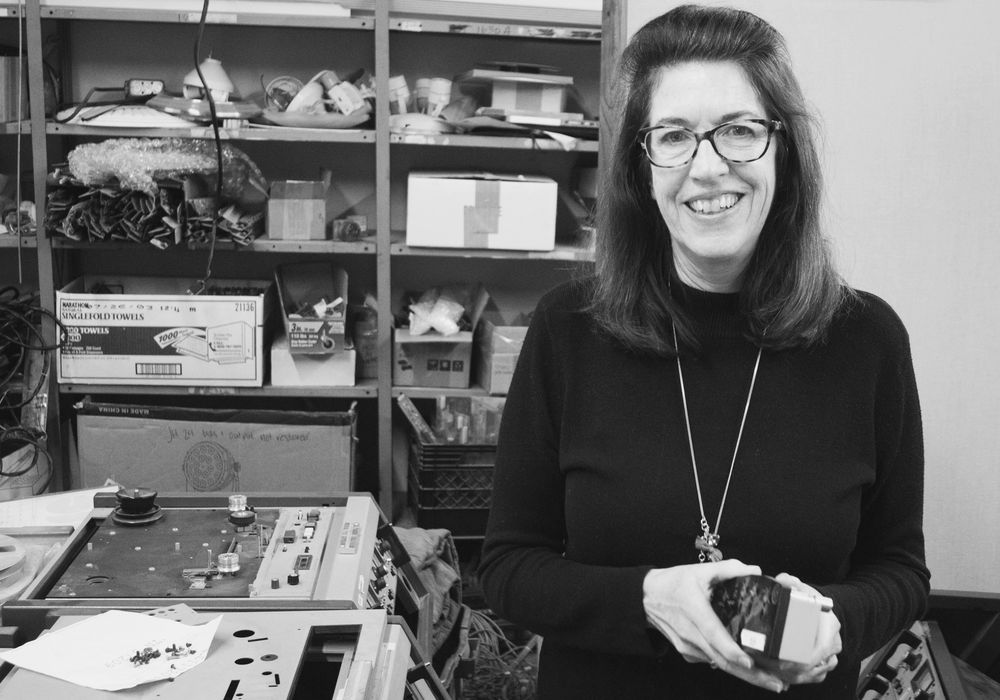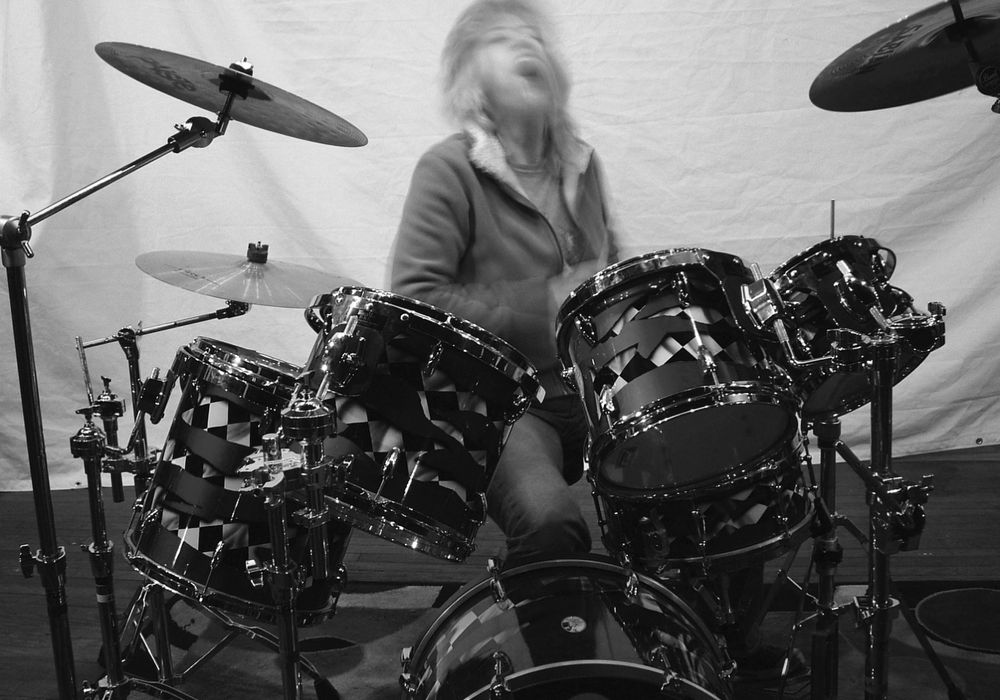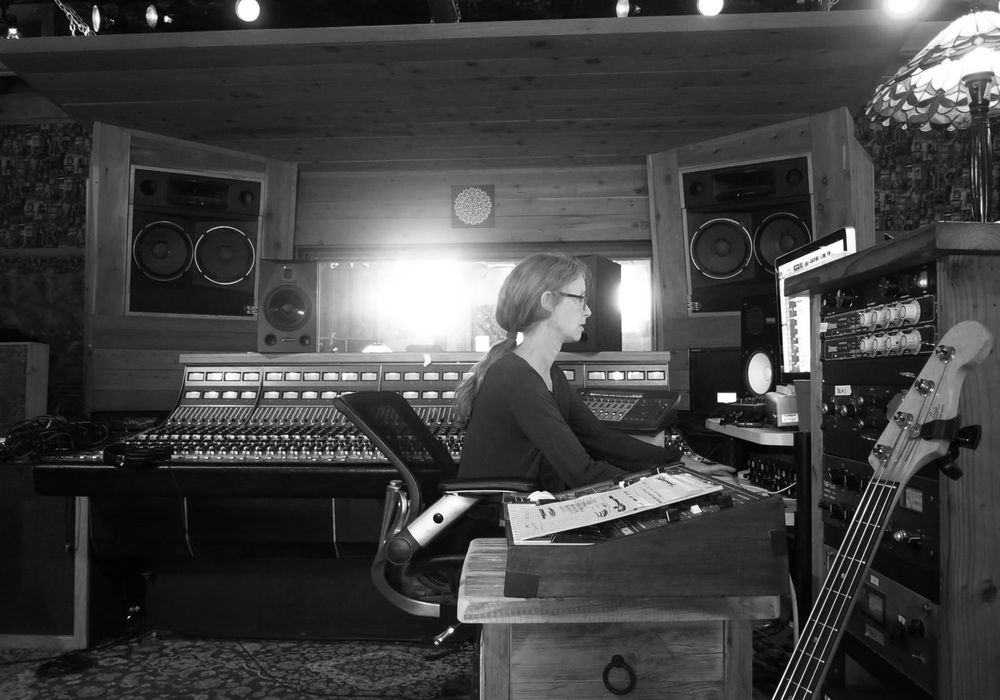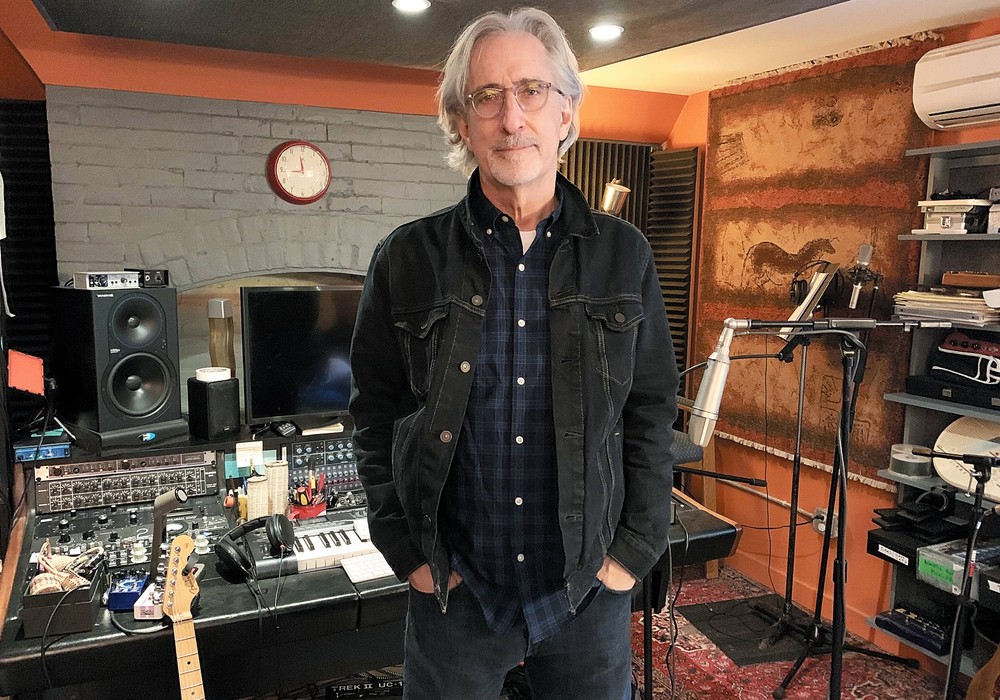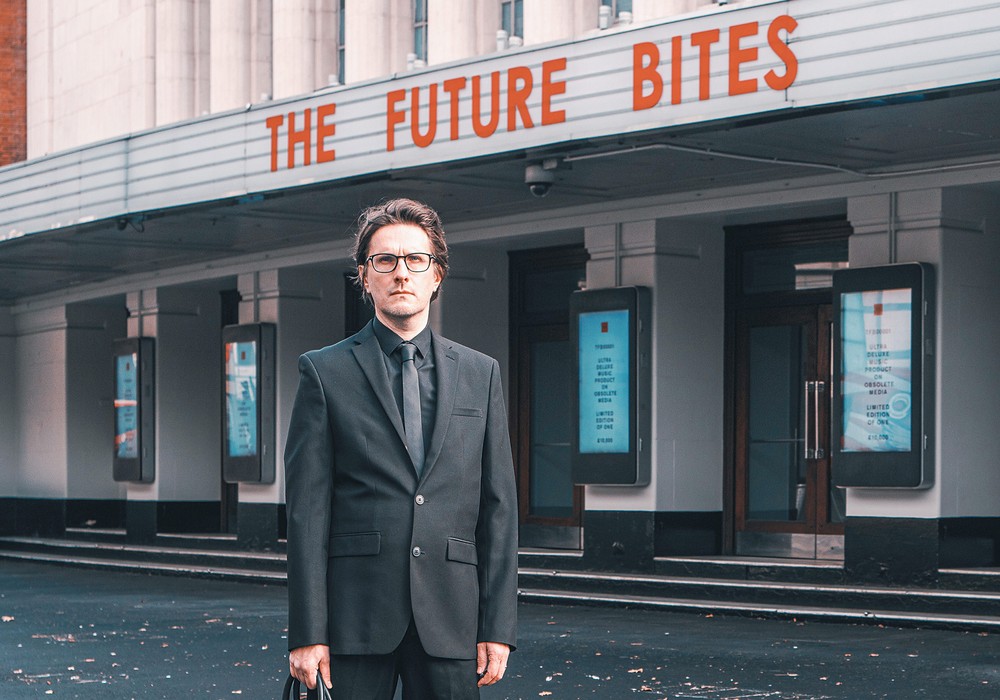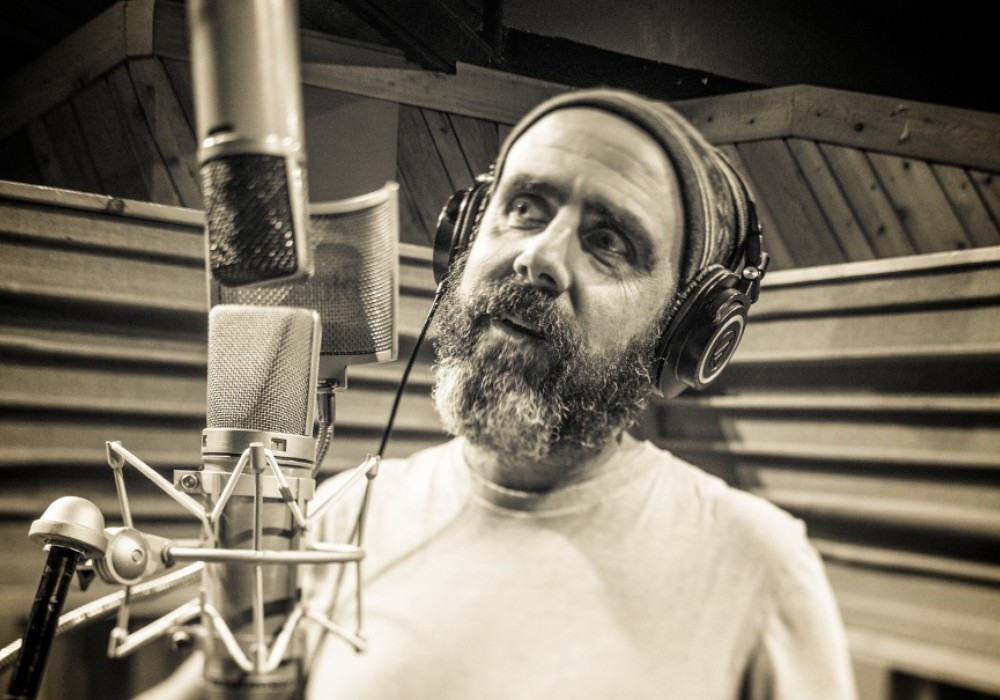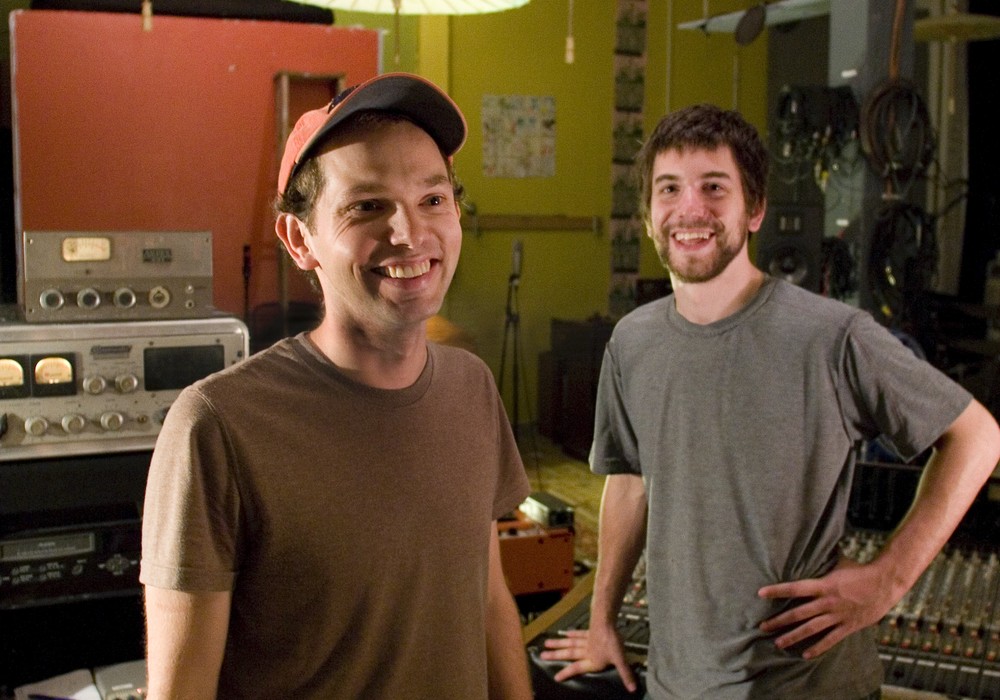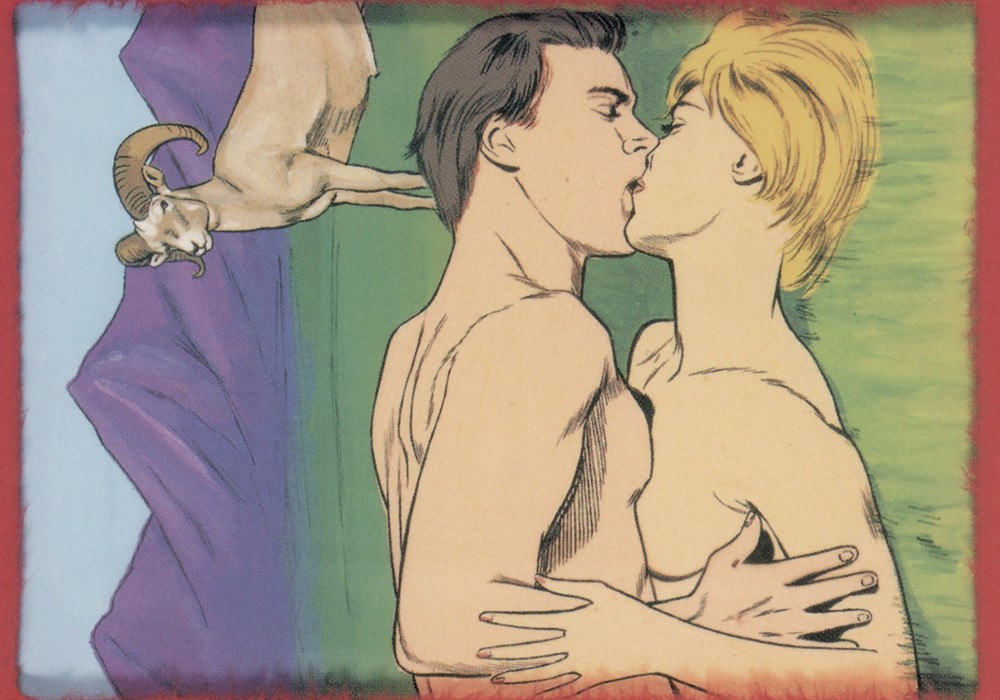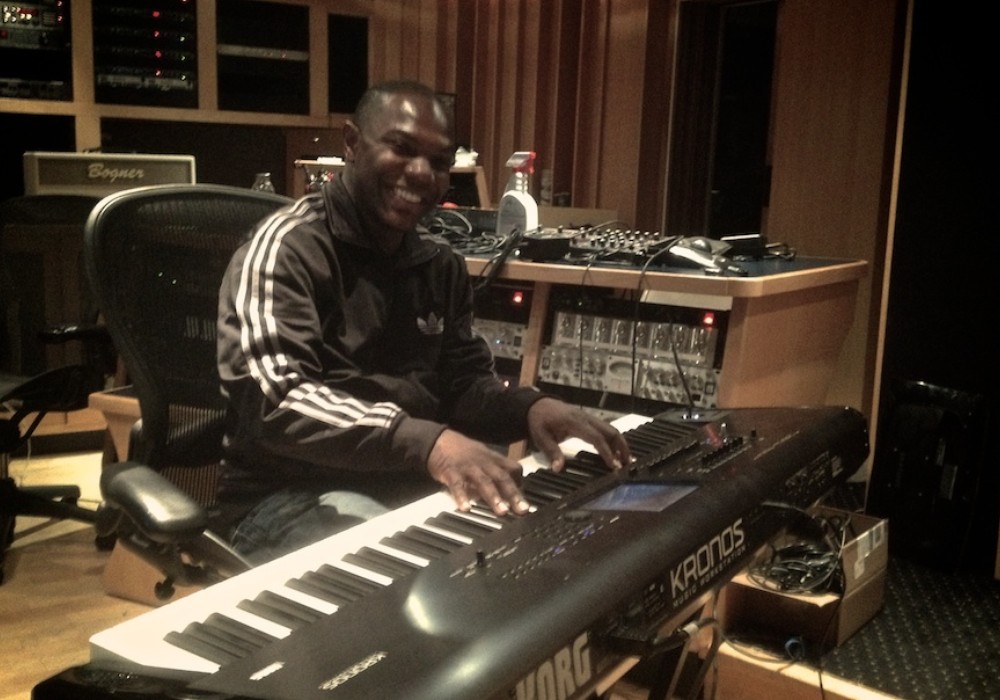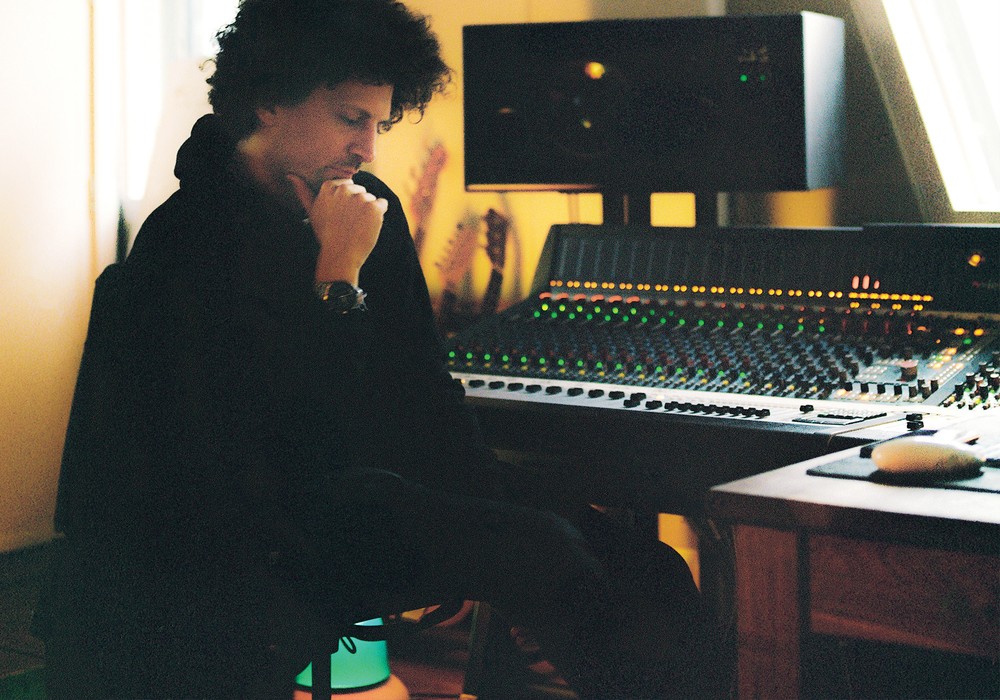Many folks who work in the studio straddle the line between musician and engineer on any given day. Sami Perez has kept her feet in both worlds since her teenage years. The result is a sparkling body of work with her bands The She’s and Harry the Nightgown, as well as a variety of credits such as The Dates, Sasami, Sonny & The Sunsets, and The California Honeydrops. Specific gear and toys didn’t find their way much into our chat when we met at her Wiggle World Studio in L.A. Instead, the effort to keep an analog mind in a digital world became the theme of the hour, and, for my own adventures, the topic of the year.
You started with The She’s when you were pretty young, right?
We were all best friends starting in kindergarten, and we started The She’s in seventh grade. The lineup hasn’t changed since then. It’s as much about our friendship as it is about the music. If not even more about the friendship. We learned our instruments together for The She’s. When we were in fifth grade, we had a band called My Noisy Neighbors, and it was nine girls. We were all best friends, we all played guitar, and we all sang. We did two concerts at our school with that band, and then The She’s were the four of us who said, “We should start a real band. You learn bass, you learn drums, you’re going to sing, and we’re going to be just like The Donnas.”
How early on did you start recording and touring with that band?
Almost right away. We had gone to a rock camp at the JCC [Jewish Community Center], and the guy who was running it wanted to record us. We started with him in seventh or eighth grade. The summer after eighth grade, we were playing a festival in the Mission [District of San Francisco] outside, and someone from Women’s Audio Mission [WAM] saw us and wanted to record us. We did an album with them. Before that, too, we did an EP with Nat Keefe from Hot Buttered Rum – who’s also in the Bay Area scene – because he was our guitar teacher when we were in fifth grade. We were recording right away. It was all very overwhelming. It was a lot of fun, but it was lot of, “You want us to sound like this?,” or “You want us to sound like that?” That’s essentially why I started engineering. We were so young and didn’t really know what we were doing. I thought maybe we could decide how we wanted to sound if we knew what we were doing.
Tell me about that studio experience with the engineer from WAM.
It was at the old WAM, in the Mission on Bryant [Street] in this giant building of studios. I remember the elevator wasn’t working and we had to go up all these stairs. It was such an amazing experience. It was the first time where we got to be in control of what we sounded like. Because it’s a school, the environment was very, “We’ll teach you what we’re doing, while we’re doing it.” We were so young, not even yet freshmen in high school. It was a nice start to studio life.
Your mixes have a fat and cracky snare sound a lot of times. At what point did you start to develop traits that make your mixes sound a certain way?
That was definitely a product of working at Tiny Telephone [Studio]. I go back to one of the first records I did, the Ball Earth [self-titled] album. It was a band of me and my friends, and I fully didn’t know what I was doing. I feel we were encouraged to misuse equipment and not do anything technically correct. It was very explorative. I remember when I first started using a [kick drum] beater mic. I don’t use bottom snare. All of the annoying high mid [frequencies] that are in the snare that I leave in there are probably from the beater mic. I remember being offended by it at first, but then being like, “Wait, no. I like this. I’ll leave it in.” It’s about not following rules.
We’re growing up in an era where everything is accessible on the internet. There are always suggestions to record a certain way. Do you ever feel inhibited to try ideas because of that?
Honestly, not really. Something turned me off about studio and gear culture as a young girl entering that world. It seemed the studio culture was very show-offy. “I want to show off everything I know, and that I know how to do everything right.” It was intimidating and it didn’t feel very welcoming. I think part of why I got into it was to break that down, and to realize that someone who...
